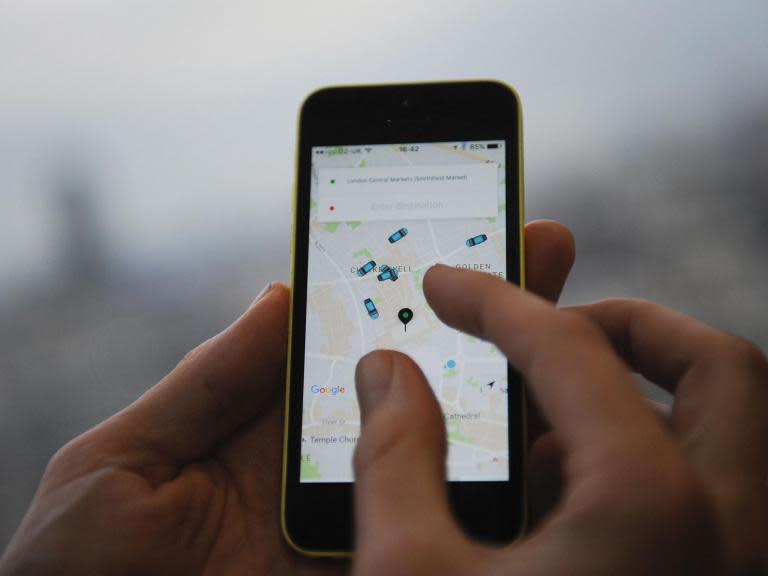Uber London ban: The scandals that brought down the ride-hailing app
Transport for London has announced it will not renew ride-sharing app Uber’s licence, because it had identified a “lack of corporate responsibility” in the company.
The statement highlighted four major areas of concern: the company’s approach to reporting criminal offences, the obtaining of medical certificates, its compliance with Enhanced Disclosure and Barring Service (DBS) checks on employees, and its use of controversial Greyball software to "block regulatory... access to the app".
The company has recently been dogged by a number of corporate scandals in the UK and its international operations, which ultimately led to the resignation of CEO Travis Kalanick in June.
I have just been informed by @TfL that it has today informed Uber that it is not fit & proper to hold a private hire operator licence. pic.twitter.com/5spe5xcuDm
— Claudia Webbe (@ClaudiaWebbe) September 22, 2017
Sexual assault
Uber has repeatedly come under fire for its handling of allegations of sexual assault by its drivers against passengers.
Freedom of Information data obtained by The Sun last year showed that the Metropolitan Police investigated 32 drivers for rape or sexual assault of a passenger between May 2015 and May 2016.
In August, Metropolitan Police Inspector Neil Billany wrote to TfL about his concern that the company was failing to properly investigate allegations against its drivers.
He revealed the company had continued to employ a driver after he was accused of sexual assault. According to Inspector Billany, the same driver went on to assault another female passenger before he was removed.
The letter said: "By not reporting to police promptly, Uber are allowing situations to develop that clearly affect the safety and security of the public."
Greyball
The statement by London’s transport body also expresses concern about “its approach to explaining the use of Greyball in London”.
In March it emerged that Uber had been secretly using a tool called Greyball to deceive law enforcement officials in a number of US cities where the company flouted state regulations.
Greyball used personal data of individuals it believed were connected to local government and ensured that its drivers would not pick them up if they requested a ride on the app.
It was used in Portland, Oregon, Philadelphia, Boston, and Las Vegas, as well as France, Australia, China, South Korea and Italy. Uber denies ever using the software in the UK.
DBS checks and medical records
This month, TfL informed Uber that background checks on thousands of its drivers were invalid. The drivers were given 28 days to reapply for the procedure, or risk losing their licence.
In a separate controversy over the vetting of its employees, The Sun revealed Uber drivers were able to obtain falsified medical certificates which gave them the all-clear for service.
Workplace culture
The company has also been rocked by a series of revelations about sexual harassment and sexism in the upper echelons of the company.
In February, Susan Fowler, a former engineer at Uber, wrote a 3,000-word blog post about the toxic culture in its Silicon Valley office.
The furore that followed led to two external investigations which uncovered 215 separate complaints about sexual harassment and other workplace practices, and saw 20 employees fired.
CEO Travis Kalanick resigned shortly after the investigation's findings were published.

 Yahoo News
Yahoo News 

